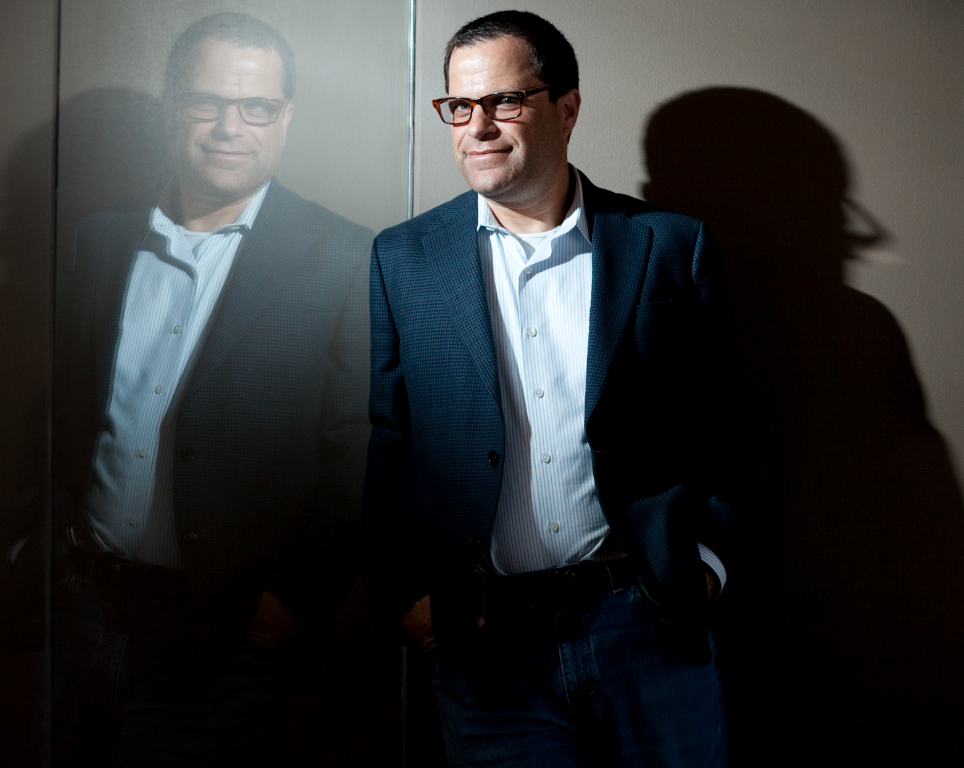If just a few of the promised technologies come on line, then Medicare and the entire society could face substantially increased health-care spending. We need to worry not only about the demographic risk [posed by the aging of the baby boomers], but also the risk of developing new technologies that appear to break the bank.

"Dana Paul Goldman" is the Leonard D. Schaeffer Chair and director of the University of Southern California USC Leonard D. Schaeffer Center for Health Policy & Economics/Leonard D. Schaeffer Center for Health Policy and Economics and Professor of Public Policy, Pharmacy, and Economics at the USC Sol Price School of Public Policy and USC School of Pharmacy. He is also an adjunct professor of health services and radiology at UCLA, and a managing director and founding partner, along with Darius Lakdawalla and Tomas J. Philipson, at Precision Heath Economics, a health care consulting firm. Previously held positions include the director of the Bing Center for Health Economics, RAND Royal Center for Health Policy Simulation, and UCLA/RAND Health Services Research Postdoctoral Training Program.
Goldman's professional interests include the innovation of health technology, the future of America's elderly population, the design of insurance, and disparities in health outcomes. More recently, his work has focused on medical innovation and regulation, comparative effectiveness and outcomes research, and patient-reported outcomes in emerging markets
More Dana Goldman on Wikipedia.This technology is valuable because it will improve health and extend lives. But we need to begin thinking about how to pay for it.
[One important question is who would use the technology.] How do we make sure that we get the technology in the hands of the patient for whom it's most valuable? ... The general story for all of these things is they get really expensive when you start doing them for large swaths of the patient population.
In the rush to contain health-care costs, the response of health plans has been to raise costs for pharmaceuticals.
The dirty little secret of public health finance is that cigarettes are a very cost-effective killer. Living longer is great for society but a disaster for government programs.
People enjoying the fruits of improved health care aren't the people paying for it.
That's true even for people with chronic illnesses like asthma, diabetes and heart conditions. When people have to pay more, they are less likely to adhere to their regimen.
Copyright © 2024 Electric Goat Media. All Rights Reserved.